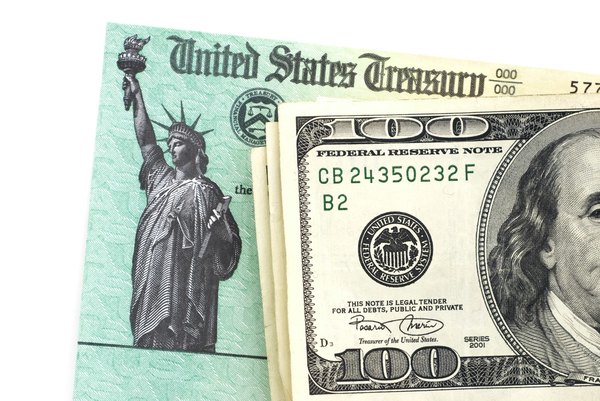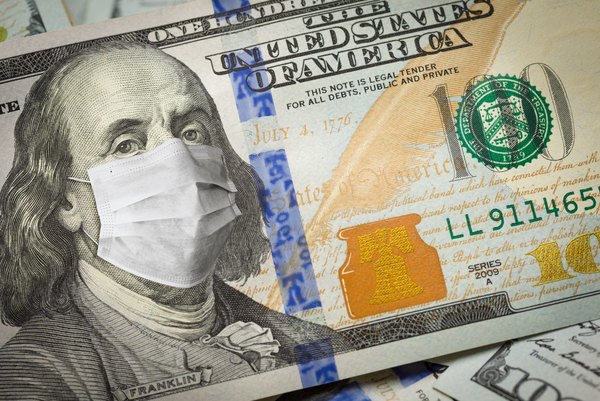This $2 trillion rescue package is designed to assist millions of Americans affected by COVID-19.
Here's what you need to know about it.
How Do I Apply to Get a Check?
You don't have to apply; the IRS has all the information it needs. Checks are issued based on your tax return data, including how to send payment. For example, if you processed a prior years' tax refund or payment through direct deposit, the same method will be used to deliver the stimulus money.
How Much is Available?
The payment for most adults is $1,200, with an additional $500 for every child in the household under age 16. If your income is between $75,000 and $99,000, your payment will be reduced. If you earn more than $99,000, you are not eligible.
For example, if you are a married couple with no children and combined, you earn less than $150,000, you would each receive a check for $1,200, totaling $2,400. The limit for people filing as "head of household" is $112,500.
How Many Payments Will I Get?
As written, this stimulus package only includes a single payment; any future stimulus checks would require additional legislation.
When Will Money Arrive?
The estimates being given by the Treasury Secretary indicate that money should arrive within three weeks, which means sometime before mid-April.
Which income amount is used to determine my eligibility?
Your 2019 income amount is what will be considered. If you haven't submitted your 2019 return, you can send your return from 2018 or your Social Security statement from 2019.
What if my 2020 income makes me eligible but prior years do not?
You may be out of luck; the stimulus package does not address this situation, unfortunately.
What if I did not file my taxes?
According to the IRS, if you have not filed taxes, you may not get a stimulus check.
What if I am receiving Social Security or disability payments?
You should still be eligible to receive a payment.
What about veterans and unemployed people?
In both of these cases, stimulus checks should be available.






